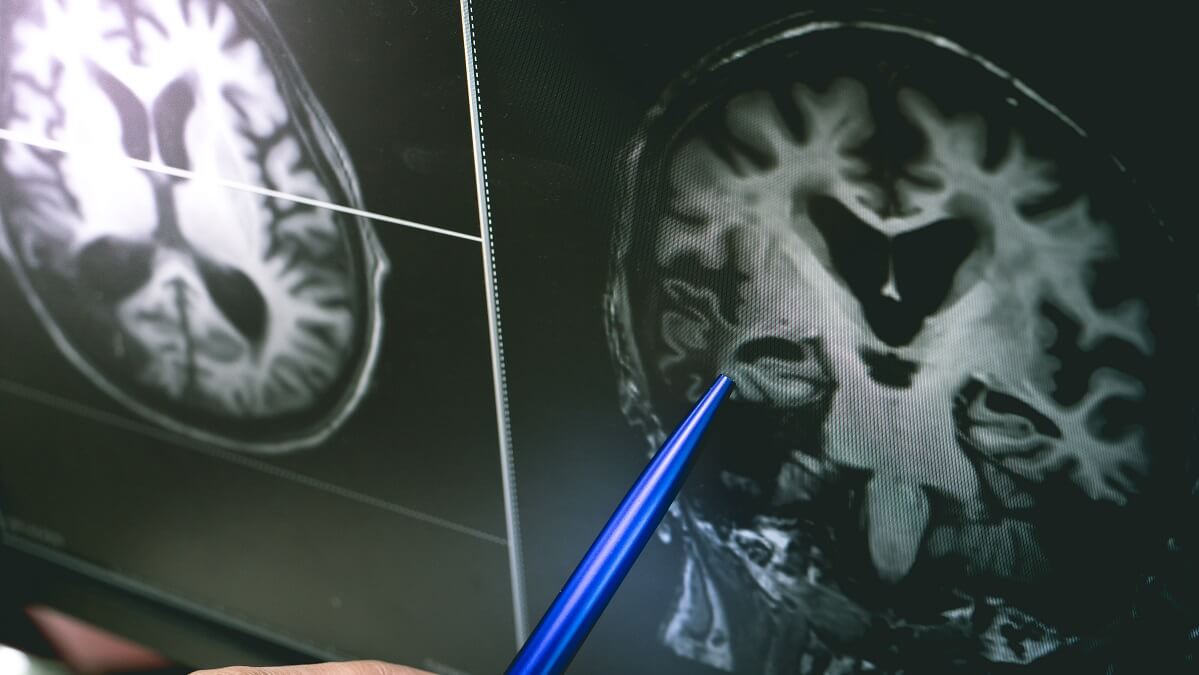Your brain is your body’s control centre. It’s part of the nervous system, which also includes the spinal cord and a large network of nerves and neurons. Together, the nervous system controls everything from your senses to the muscles throughout your body.
Various health conditions can impact the brain, leading to a range of neurological changes and challenges, affecting things such as your memory, your sensations and even your personality. Here are nine health conditions that can change your brain.
Stroke
A stroke occurs when blood flow to a part of the brain is interrupted or reduced, typically due to a blood clot or a burst blood vessel. This sudden interruption causes brain damage and can lead to death and disability. How a person is affected after a stroke varies from neurological problems, such as paralysis, to difficulties with speech and cognitive impairments. The extent of brain damage depends on the location and severity of the stroke.
PTSD
Post-traumatic stress disorder (PTSD) is a serious condition that can impact brain function. Your brain has an alarm system that normally helps ensure your survival. With PTSD, this system becomes overly sensitive and triggers easily. In turn, the parts of your brain responsible for thinking and memory stop functioning properly. When this occurs, it’s hard to separate safe events happening now from dangerous events that happened in the past.
Not everybody with PTSD has exactly the same symptoms or the same brain changes, but there are observable patterns in many patients. Typically, patients with PTSD have an overactive amygdala, the part of the brain that controls emotions, and lowered activity in the prefrontal cortex, a decision-making area.
Depression
Depression doesn’t just affect your mood, according to experts, it can change your brain. It can lead to a reduction in activity within specific brain regions, including the prefrontal lobes responsible for functions such as reasoning, personality and judgement.
One study found that individuals who experienced depression for more than a decade exhibited approximately 30 per cent higher levels of brain inflammation. Heightened inflammation could potentially contribute to the loss of brain cells, increasing the likelihood of memory issues and dementia.
Alcoholism
The impact of alcohol on the brain is widely recognised. Drinking to excess can result in blurred vision, slurred speech and memory lapses. Prolonged and excessive alcohol consumption can lead to lasting brain damage. Research indicates that it can even cause specific brain regions to shrink.
Researchers have found that individuals with alcoholism may possess a smaller hippocampus, a crucial area associated with learning and memory, in comparison to those who consume alcohol infrequently or abstain entirely.
Alzheimer’s disease
Alzheimer’s disease is one of the most well-known neurodegenerative conditions. It primarily affects older individuals and leads to the progressive loss of cognitive functions, including memory, reasoning and communication skills. Alzheimer’s is characterised by the accumulation of abnormal protein deposits in the brain, amyloid and tau, which disrupt normal neuronal function.
Brain aneurysm
A brain aneurysm is a weak spot in a blood vessel. It usually balloons or bulges out and fills with blood. They often form on arteries at the base of the brain and can potentially rupture and cause a life-threatening condition called a subarachnoid haemorrhage.
The presence of an unruptured brain aneurysm can exert pressure on surrounding brain tissues, potentially causing localised damage. Depending on the location and extent of damage caused by an aneurysm or its rupture, individuals may experience a range of cognitive, motor and sensory changes. These can include memory problems, difficulty with coordination and movement, speech difficulties and changes in sensory perception.
Concussion
A concussion is a mild traumatic brain injury that can bring about significant changes in the brain’s function. When the head experiences a sudden impact or jolt, the brain can shift within the skull. This can bruise the brain and tear nerve tissue, potentially causing damage to brain cells and disrupting neural connections.
Symptoms of concussion include headaches, dizziness, memory problems and altered mood. While most concussions are temporary, they can still have lasting effects on cognitive function, especially if multiple concussions occur over time. Proper diagnosis, rest, and rehabilitation are essential to help the brain recover and minimise the long-term impact of a concussion.
Multiple sclerosis
Multiple sclerosis (MS) is an autoimmune disorder that affects the central nervous system, including the brain and spinal cord. In people with MS, the immune system mistakenly attacks the protective myelin sheath that surrounds nerve fibres. This damage disrupts the transmission of electrical signals in the brain, leading to a wide range of symptoms, including fatigue, weakness, coordination problems and cognitive changes.
Epilepsy
Epilepsy is a neurological disorder characterised by recurrent seizures that result from bursts of abnormal electrical activity in the brain. Seizures can manifest in various ways, from brief lapses in consciousness to convulsive movements. Prolonged or uncontrolled seizures can potentially cause brain damage and cognitive impairments over time. Epilepsy can start at any age but usually starts either in childhood or in people over 60.
Were you aware of the multiple conditions that can change your brain? What do you do to keep your brain healthy? Share your thoughts in the comments section below.
Also read: 13 easy ways to keep your brain young and your mind sharp
Disclaimer: This article contains general information about health issues and is not advice. For health advice, consult your medical practitioner.

